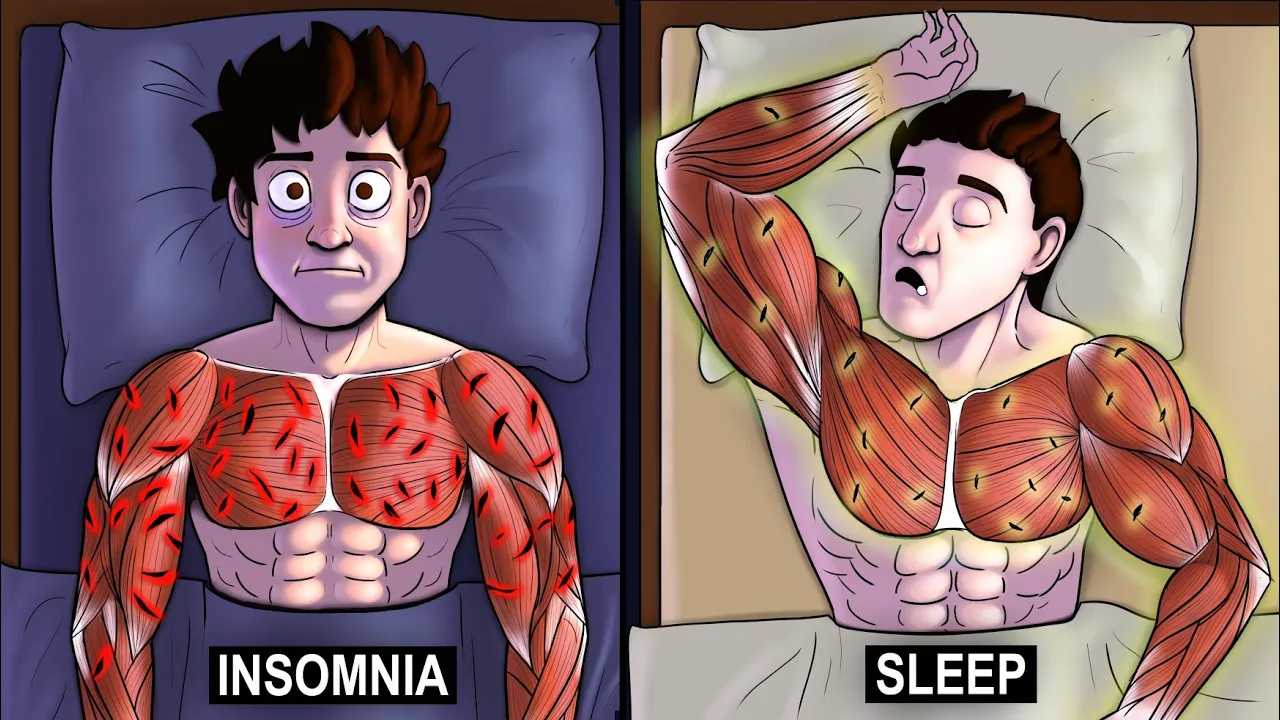
Sleep is not just a time for rest; it is a vital process during which your body undergoes numerous essential functions. From cellular repair to hormonal balance, understanding what occurs during sleep can help you appreciate its importance and find ways to improve your sleep quality.
The Importance of Sleep
During just one night of sleep, your body replaces billions of cells, repairs muscle tissue, releases various hormones, and processes all the information gathered throughout the day. It's estimated that anywhere from a quarter to a third of our lives will be spent sleeping. This significant amount of time is crucial for energy levels, aging, muscle building, and fat burning.
Understanding the scientific research behind sleep can help you take full advantage of your body's natural processes. The first thing to note is that sleep is not a steady-state process. Instead, you progress through four to five sleep cycles each lasting about 70 minutes to 2 hours. Each cycle contains four distinct sleep stages.

Sleep Stages Explained
The sleep cycles consist of three stages of non-rapid eye movement (NREM) sleep and one stage of rapid eye movement (REM) sleep. Let's break down each stage:
Stage 1: Light Sleep
The first stage of the sleep cycle is a transition period between wakefulness and sleep. This stage lasts several minutes where your heartbeat and breathing slow down, and your muscles relax, sometimes resulting in occasional twitches. Your brain remains active, producing high amplitude theta waves, but it's relatively easy to wake someone up during this stage.

Stage 2: Deeper Relaxation
Once you settle into sleep, you move into stage two, where your body enters a deeper state of relaxation. Here, your heartbeat and breathing slow further, eye movements cease, and your body temperature drops. This stage is crucial for memory consolidation, where your brain processes and filters new memories from the day.

Stage 3: Deep Sleep
Stage three, or deep sleep, is considered the most restorative part of the sleep cycle. This stage lasts about 20 to 40 minutes per cycle, particularly during the first half of the night. Muscle tension, heart rate, and breathing decrease further, allowing your body to recover and grow. This stage is also vital for protein synthesis, which is essential for muscle recovery after workouts.
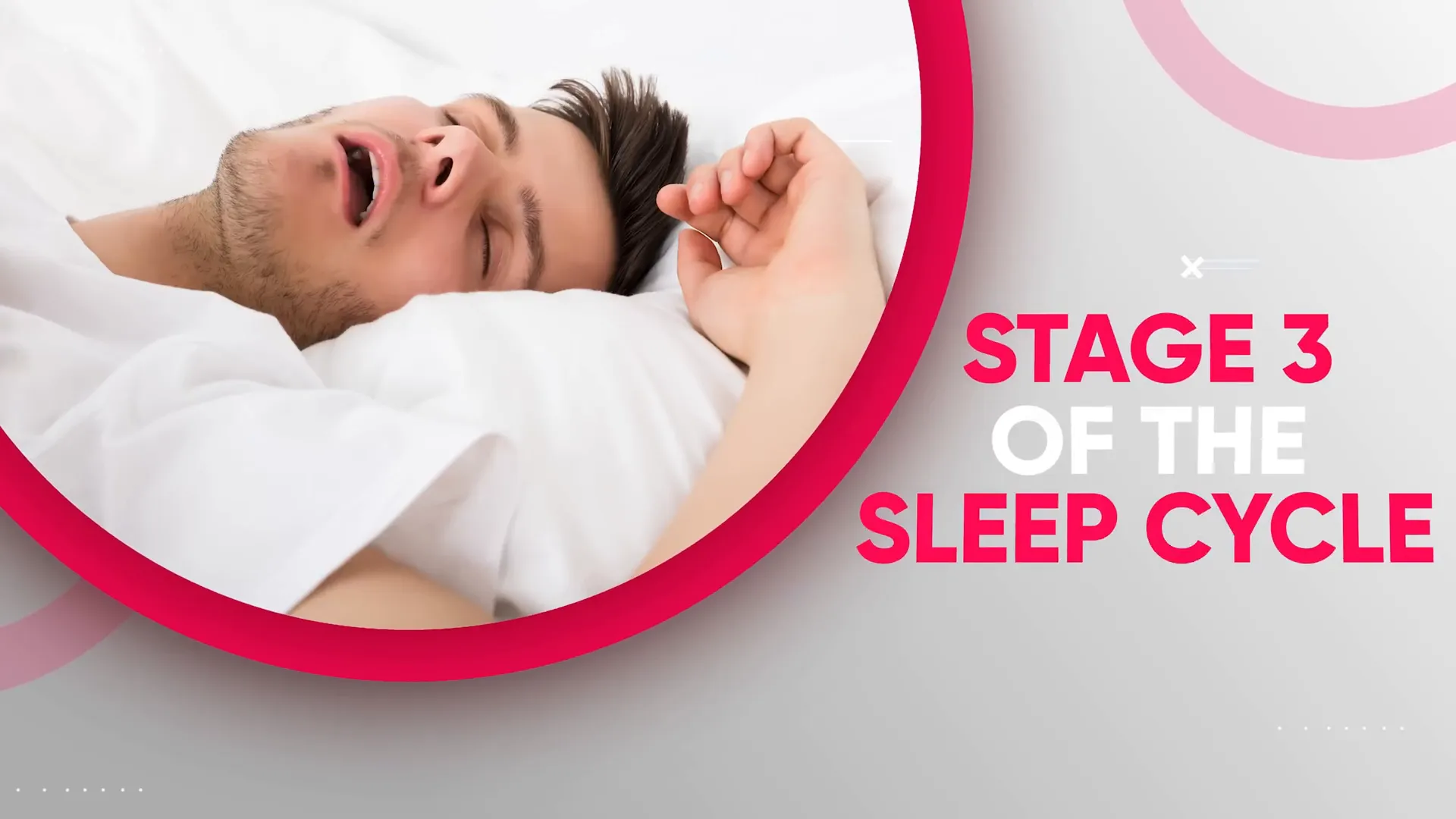
Stage 4: REM Sleep
Finally, we reach stage four, known as REM sleep. This stage is characterized by rapid eye movements, and it is where most dreaming occurs. Interestingly, brain activity during REM sleep can resemble that of wakefulness, while your body's muscles experience atonia, a temporary paralysis that prevents you from acting out your dreams. This protective mechanism is crucial for your safety during sleep.
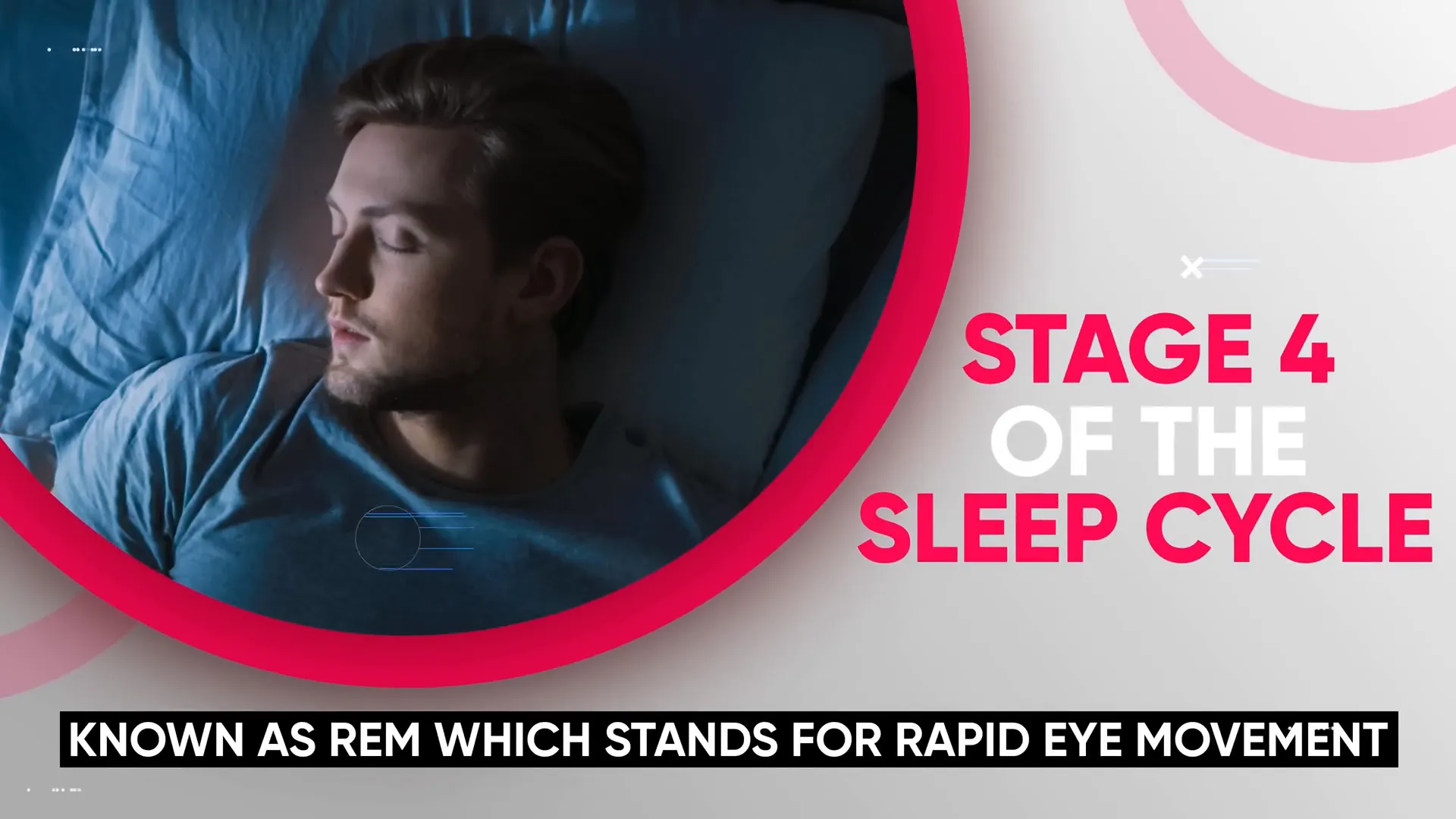
The Role of Hormones During Sleep
Throughout the night, various hormones fluctuate, impacting numerous bodily functions. Key hormones affected by sleep include:
- Testosterone: The majority of daily testosterone release in men occurs during sleep. A study showed that each extra hour of sleep could increase testosterone by approximately 15%.
- Human Growth Hormone (HGH): This hormone spikes during the first few hours of sleep and plays a role in fat loss and muscle preservation.
- Cortisol: Known as the stress hormone, cortisol levels decrease initially during sleep but peak in the morning to help you wake up.

Waste Removal and Brain Health
Another critical function of sleep is waste removal in the brain. Research indicates that the brain's detoxification processes are most active during sleep, allowing it to flush out toxins that accumulate while you’re awake. This might explain why insufficient sleep can lead to cognitive impairment and brain fog.
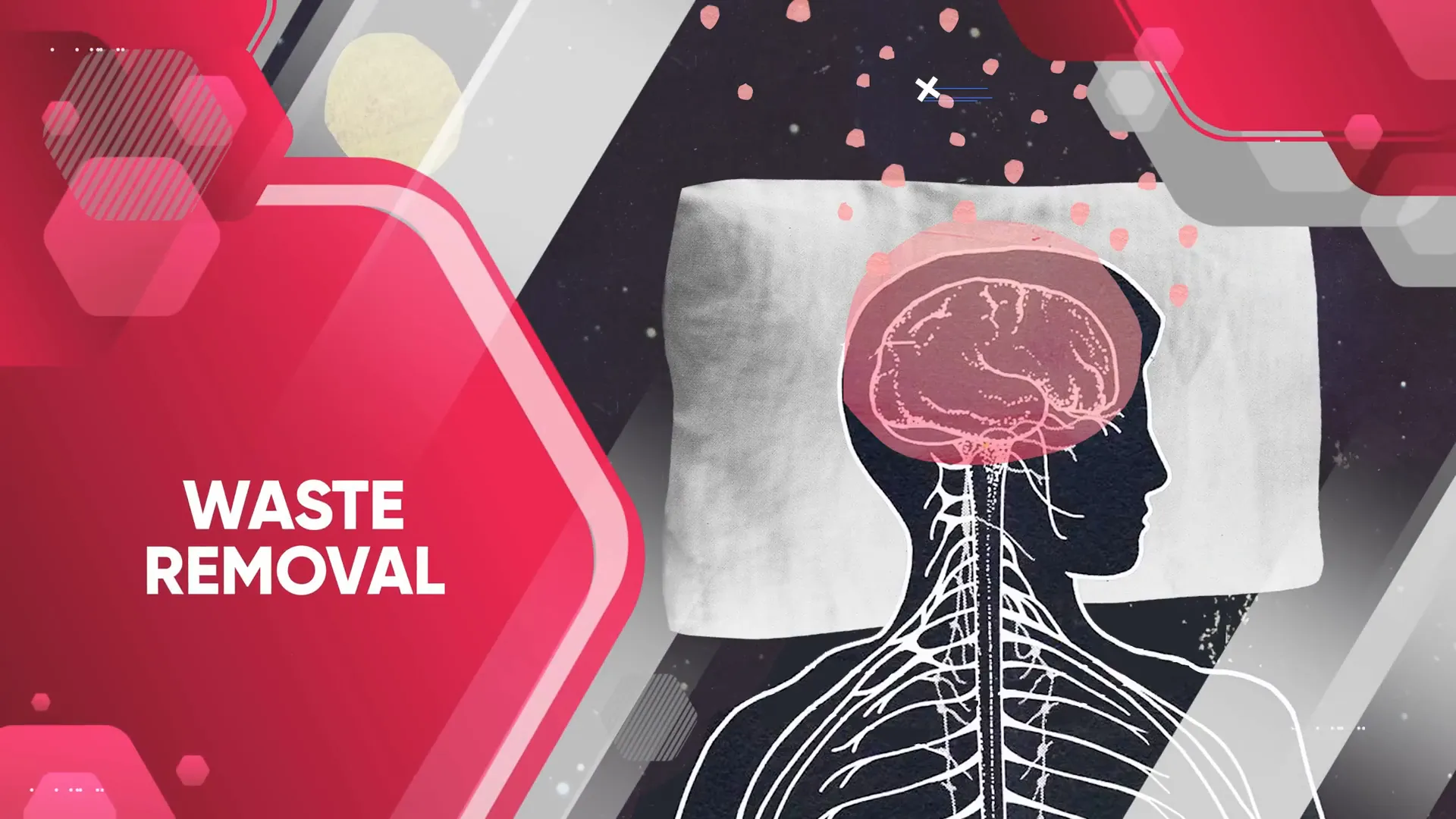
Sleepwalking: A Curious Phenomenon
Not everyone experiences sleepwalking, but studies show that around 2.6% of adults and 29% of children do. Sleepwalking is paradoxical since sleep is associated with muscular relaxation. Sleepwalkers can perform complex actions while asleep, which can pose risks to themselves and others. Contrary to popular belief, it is safe to wake a sleepwalker, especially if they are in danger.

Improving Sleep Quality
To maximize the benefits of sleep, consider the following recommendations:
- Exercise Regularly: Physical activity can help you fall asleep and improve sleep quality.
- Maintain a Consistent Schedule: Going to bed and waking up at the same time each day helps regulate your body's internal clock.
- Create a Comfortable Sleep Environment: Lowering the temperature and ensuring your mattress is comfortable can enhance your sleep experience.
- Avoid Caffeine: Limit caffeine intake, especially in the afternoon, to prevent sleep disturbances.
- Consider Supplements: If you're struggling with insomnia, temporary use of melatonin or over-the-counter sleep aids may be helpful.
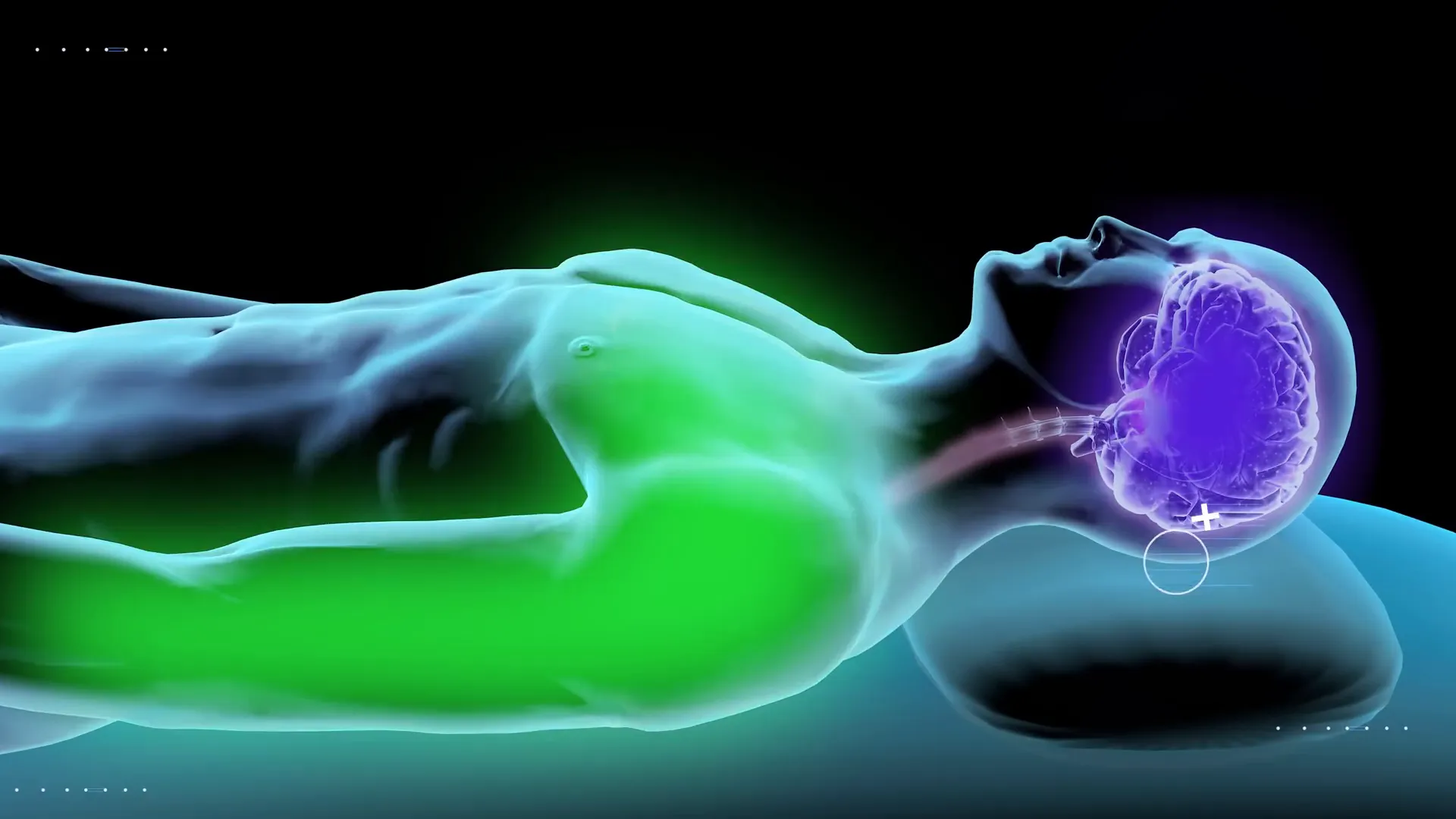
Conclusion
Understanding what happens to your body while you sleep is vital for appreciating its importance. Sleep is a complex, restorative process that affects your physical health, mental well-being, and overall quality of life. By prioritizing sleep and adopting healthy habits, you can optimize your body’s natural recharge system and enjoy the numerous benefits it offers.
If you found this information helpful and want to explore more about personal health and fitness, consider checking out programs that can tailor your diet and exercise plans to optimize your body composition.
